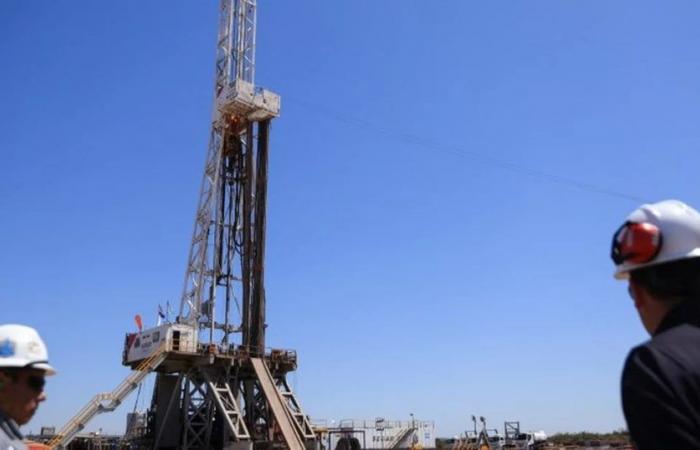The energy sector in Argentina has historically been a fundamental pillar for the country’s economic development. The abundance of natural resources, such as gas and oil, has allowed Argentina to position itself as a relevant player in the global energy market.
However, the sector faces a series of challenges and opportunities that deserve to be analyzed in detail to understand its current situation and future prospects, its strengths and risks.
In the former, there is no doubt, we must start with Vaca Muerta – one of the largest reservoirs of unconventional hydrocarbons in the world. The efficient exploitation of this resource could transform Argentina into a net energy exporter, generating significant income and boosting economic growth.
On the other hand, in renewable energies, Argentina has shown growing interest and development. With incentive policies and favorable regulatory frameworks, the participation of clean energies in the energy matrix is expected to continue increasing.
With incentive policies and favorable regulatory frameworks, the participation of clean energies in the energy matrix is expected to continue increasing
Even achieving political and economic stability can attract foreign investments within the sector, which help continue developing the infrastructure that today already includes an extensive gas and electricity transportation and distribution network. And, what’s more, with the right incentives and developments, the country has the potential to become a major energy exporter, especially to regional and global markets.
Now, in terms of risks, economic instability and changes in energy policy can affect (and have done so in the past) investor confidence and the continuity of long-term projects. Historically, the sector has relied on state subsidies, which can (and does) distort the market and create uncertainty about the financial sustainability of companies.

At the same time, the exploitation of unconventional resources and the development of energy projects can generate environmental and social concerns that must be appropriately managed.
In Argentina, as savers there is the possibility of investing in this sector – for example, through companies that list their shares on the local market. Always the same considering that the latter are variable income instruments, so their volatility can be high, and therefore recommended as a long-term investment and for certain profiles.
But with this point clarified, what are these options? Below, in the table, you can see some of the stocks in the sector that are currently part of the S&P Merval – the leading stock market index – and their evolution in recent months. Papers that today operate between approximately $1,000 and $26,000 each, and that on average rose in pesos a little more than 40% in the year and more than 300% in the last 12 months.

Transener: It is the main transporter of electrical energy in Argentina, operates the high voltage transmission network and supervises the Argentine Interconnection System.
Pampa Energy: It is an integrated energy company that participates in the generation, distribution and transmission of electricity, as well as the production and exploration of hydrocarbons.
Central Port: One of the largest electricity generators in Argentina, which operates various thermal, hydroelectric and renewable energy plants.
Edenor: The largest electrical energy distributor in the country, which provides services to the northern region of Buenos Aires and its metropolitan area.
Transportadora Gas del Norte (TGN): It is dedicated to the transportation of natural gas, operating an extensive network of gas pipelines that supply the north and center of the country.
Transportadora Gas del Sur (TGS): Main transporter of natural gas in southern Argentina, it is also dedicated to the production and marketing of natural gas liquids.
YPF: The largest energy company in Argentina, leader in the exploration, production, refining and marketing of hydrocarbons, as well as in the generation of electrical energy.
In conclusion, the energy sector in Argentina presents an encouraging combination of opportunities, but also great challenges, as long as the associated risks are adequately managed and the economic and political situation of the country supports.
The author is an analyst at PPI (Personal Investment Portfolio)






